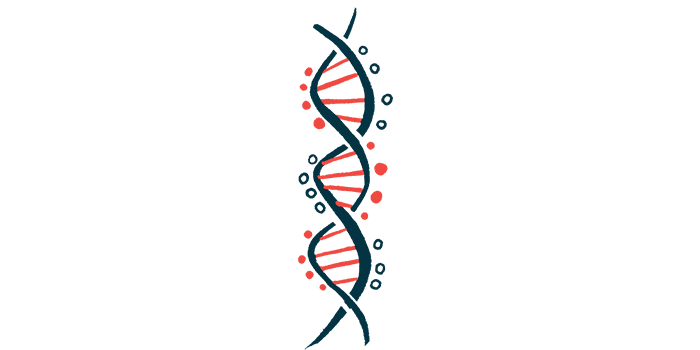3 scientists honored for laying groundwork for DMD treatments
Horwitz prize goes to researchers from Iowa, Harvard, Texas
Written by |

Note: This story was updated Sept. 10, 2025, to correct the secondary headline from Columbia University to the University of Iowa.
Columbia University awarded the 2025 Louisa Gross Horwitz Prize to three scientists whose research has helped lay the groundwork to develop new treatments for Duchenne muscular dystrophy (DMD).
This prize is given to scientists who have made notable advances in biology and biochemistry.
Louis Kunkel, PhD, a professor of genetics and pediatrics at Boston Children’s Hospital and Harvard Medical School; Kevin Campbell, PhD, chair of the molecular physiology and biophysics department at the University of Iowa; and Eric Olson, PhD, a professor at the University of Texas Southwestern Medical Center were selected “for discoveries that revealed the biological causes of Duchenne muscular dystrophy and provide the foundation for breakthrough treatments for this and related muscular diseases,” according to a press release from Columbia.
Of the 118 prior winners of the Horwitz prize, 55 have gone on to receive Nobel prizes, the university said.
DMD is caused by mutations in the DMD gene, which provides instructions to make a protein called dystrophin. The dystrophin protein normally acts like a shock absorber in muscle tissue, helping to prevent damage to muscle cells. There’s virtually no functional dystrophin in DMD, so muscle cells accumulate wear-and-tear faster than normal, leading to symptoms like muscle weakness and wasting.
Discoveries around DMD cause, dystrophin function lay foundation for new treatments
Kunkel led work in the 1980s that identified mutations in the DMD gene as the root cause of DMD. Kunkel’s team also identified dystrophin as the protein encoded by the gene.
Campbell’s work helped shed light on the function of the dystrophin protein, showing that it fits together with other proteins to form molecular scaffolds that support muscle cell structure, and that muscle fibers become damaged when these molecular scaffolds are disturbed.
The discovery of dystrophin and its function laid the groundwork for new approaches to DMD diagnosis and treatment, and provide insight into the biology of other forms of muscular dystrophy.
Olson’s research has identified molecules essential for regulating muscle cells’ growth and function. Olson and colleagues are building on these discoveries to advance new gene-targeted treatments for DMD and other muscular diseases, which are moving toward clinical testing.
“Together, these three scientists who are being honored by this year’s Horwitz prize serve as brilliant examples of bench-to-bedside research, having forged a path from fundamental discovery to transformative therapeutic innovations,” Columbia’s press release said. “Their collective work has advanced our scientific understanding of muscular dystrophies and brought real hope to thousands of families affected by these devastating diseases.”






